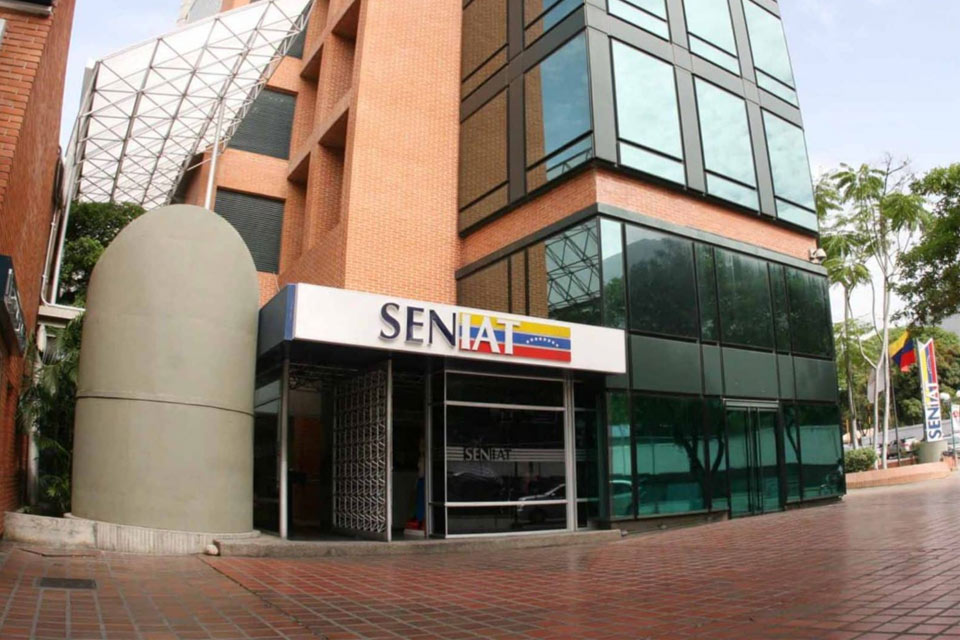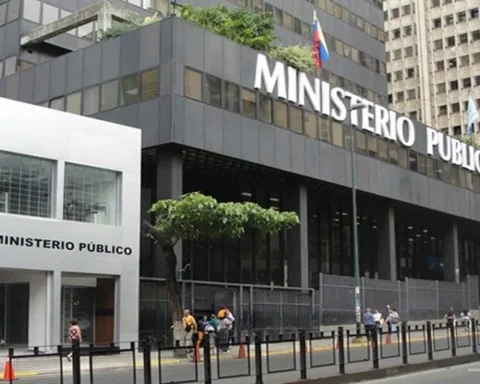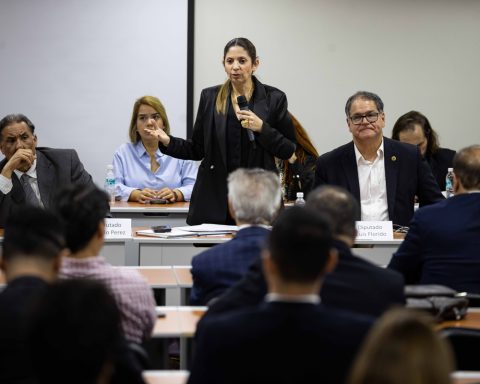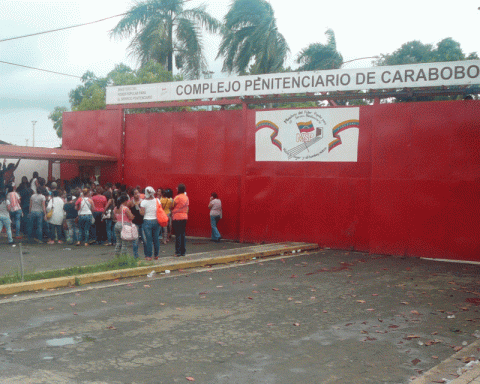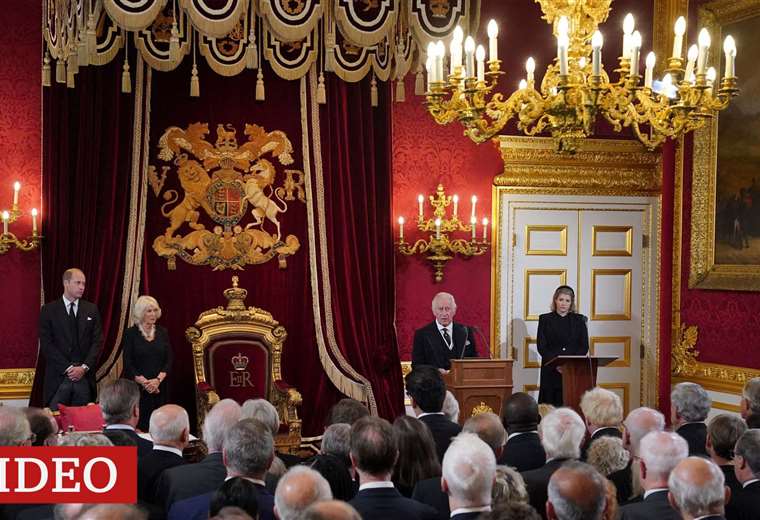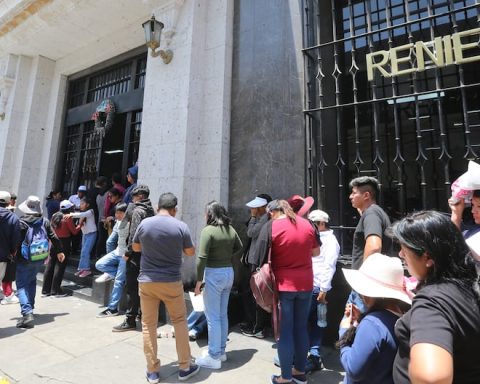Academics in economic sciences from Zulia recall that the Constitution has mechanisms that allow a harmonization of certain coefficients or levels of fees and fines
The draft Organic Law on the Coordination and Harmonization of the Tax Powers of the States and Municipalities, approved in the first discussion by the National Assembly (AN) elected in 2020, has unleashed multiple criticisms from businessmen and economists, who warn about the possibility that the collection of taxes be further centralized if the instrument is approved.
One of the actors that adds its voice against this proposal is the Academy of Economic Sciences of the State of Zulia (Aceez), since they consider that puts in the hands of the State, through the creation of a national instance that governs in tax matters, the fixing of taxes that should be in the hands of states and municipalities.
They allege that most of the taxes are determined by the national authorities, since the states and municipalities do not determine or collect the Value Added Tax (VAT) or the Income Tax (ISLR), for which they do not have a wide range of taxes to collect and have problems financing themselves.
“As a result of the regional and local tax scheme designed at the national level, the situation arises that the states and municipalities do not have a wide range of taxes that finance income,” they highlight in a statement.
*Also read: Bill does not order or eliminate the municipal, state and national “tax maelstrom”
Given this situation, the states and municipalities face problems of fiscal deficit or a precariousness of the services they provide occurs and they are forced to maintain a workforce with wages “at subsistence levels.”
For these reasons, and under the premise that the bill comes to worsen these conditions, the Aceez urges to “respect the little tax autonomy of both the states and the municipalities of Venezuela.”
Economic scholars in Zulia recall that the Constitution has mechanisms that allow harmonization of certain coefficients or levels of fees and fines.
They add that “economic development is based on a balance between effective regulation and business promotion,” not on the creation of more bureaucratic bodies and control measures that do not take into account the reality of each region of the country. In other words, there is a risk of discouraging investments.
The statement warns that a bad tax system can discourage productive investments, promote tax evasion and increase informality in the economy, which is already at critical levels, as it was estimated to reach 84.5% according to studies by the Institute of Economic and Social Research (IIES) of the Andrés Bello Catholic University (UCAB).
brainstorming
The bill has opened the doors to debate in the country, with different sectors arguing what could be implemented to bring order to a chaotic tax system, characterized by rampant fiscal voracity present in many parts of the country.
On September 7, the president of the Venezuelan Confederation of Industrialists (Conindustria), Luigi Pisella, held a meeting with the Finance Commission of the Chavista AN, to contribute his vision on the problems that the project has and add ideas to improve the proposal.
*Also read: Conindustria submitted to the AN comments on the draft Tax Harmonization Law
Pisella recommended that the municipal taxes applied to industry, commerce and services be less than 3%, so that the businessman sees it as viable to maintain his operations.
For her part, the president of the National Council for Commerce and Services (Consecomercio), Tiziana Polesel, argues that a good solution to this problem would go through the expansion of the tax base, that is, that the fiscal entities charge more taxpayers and payments are balanced, rather than imposing the entire burden on merchants.
Post Views:
101
